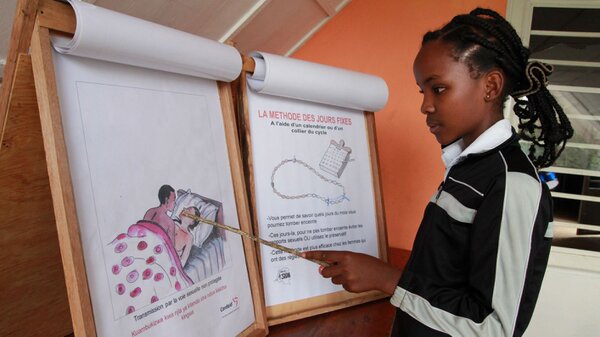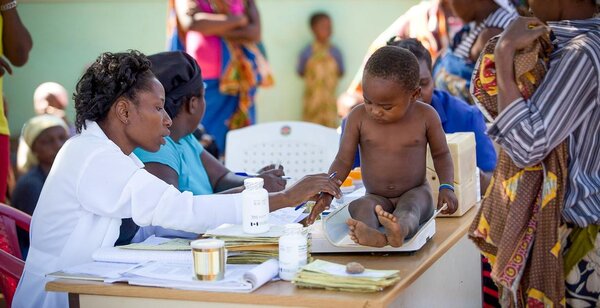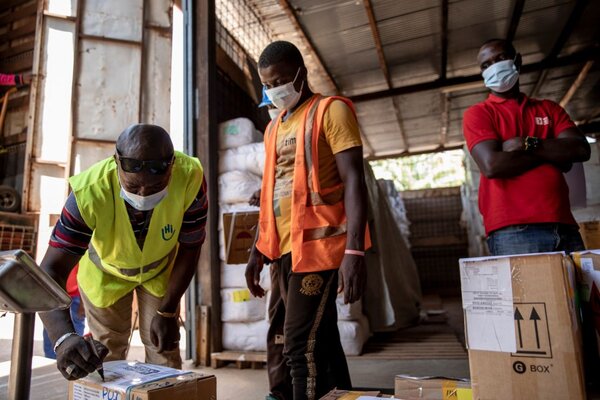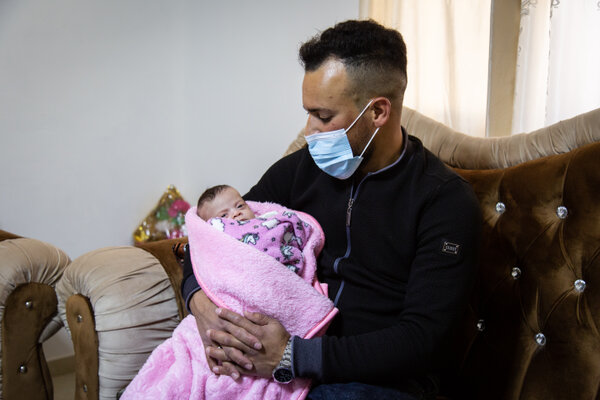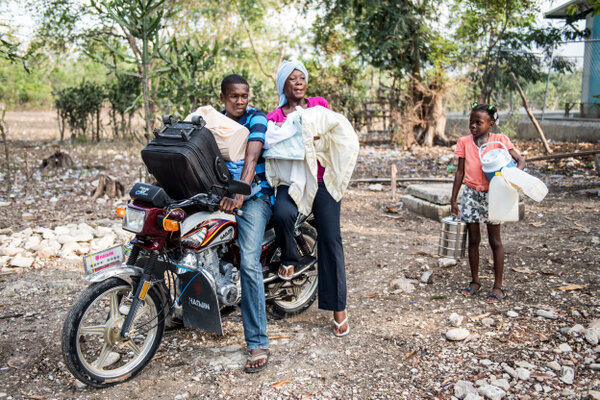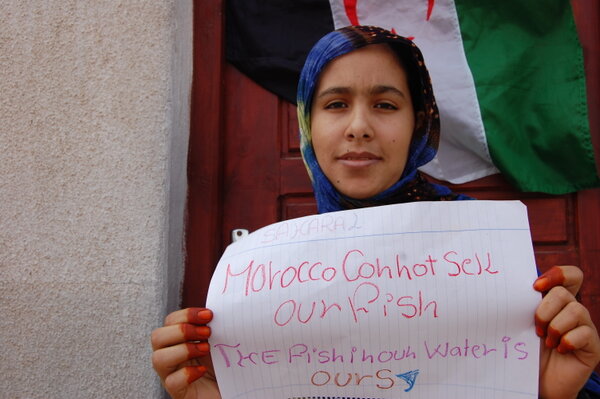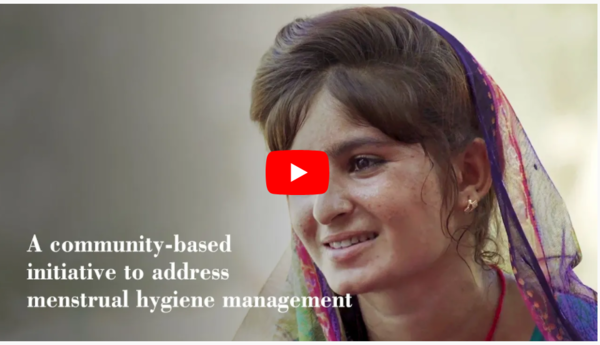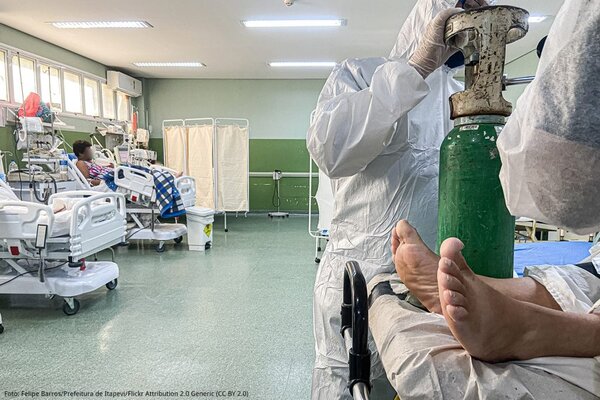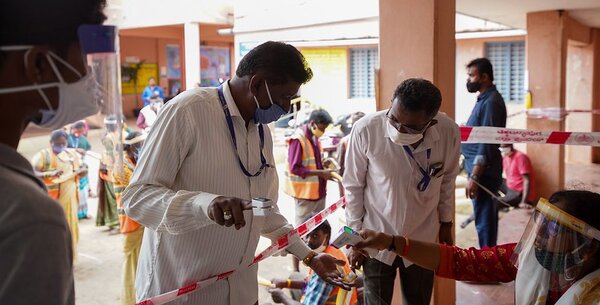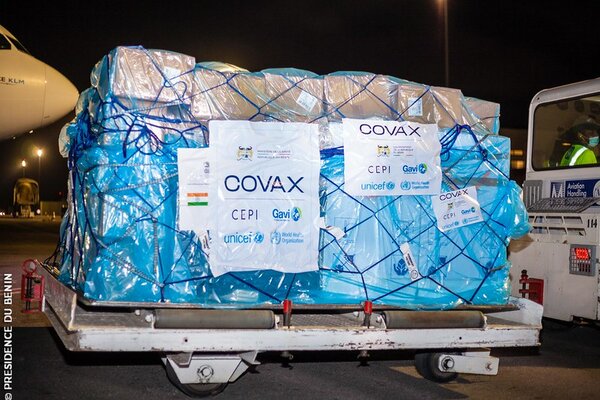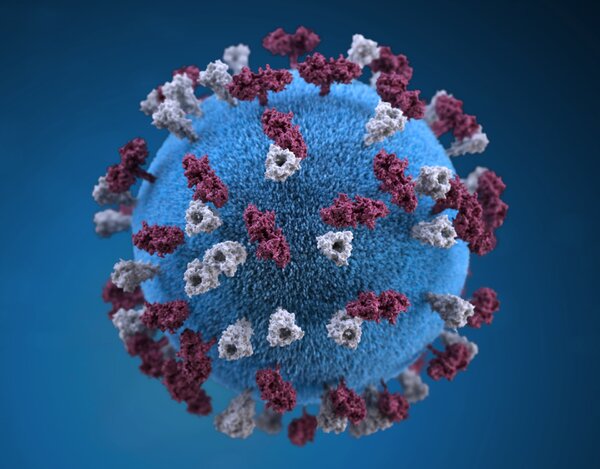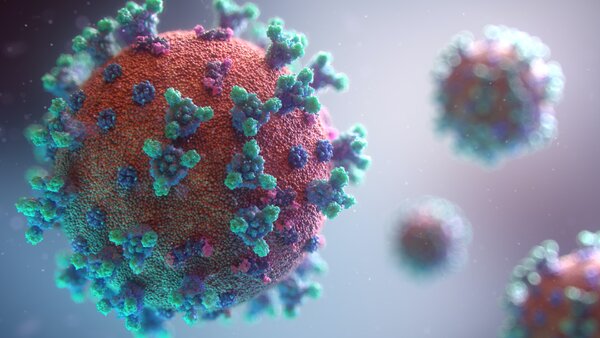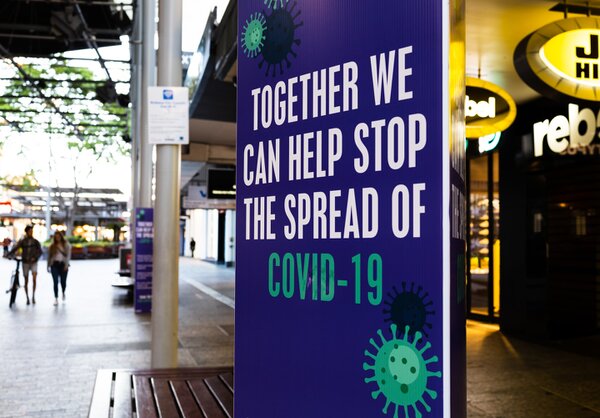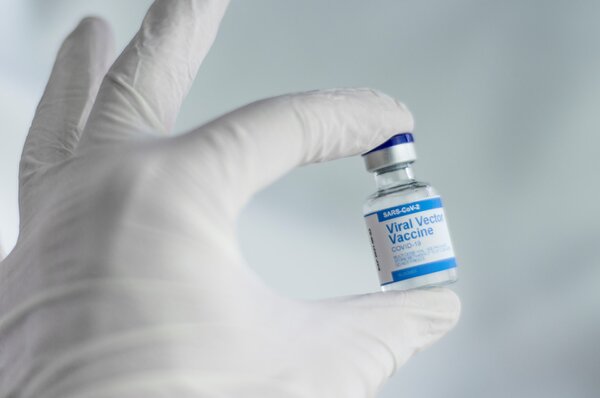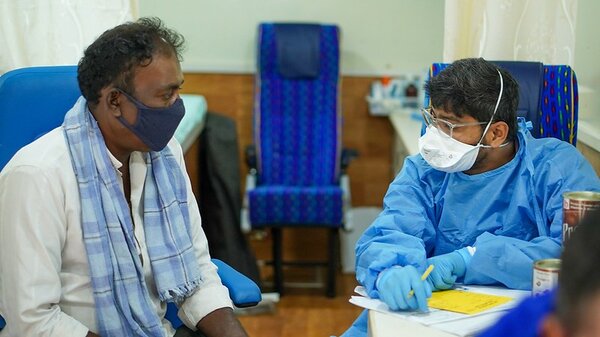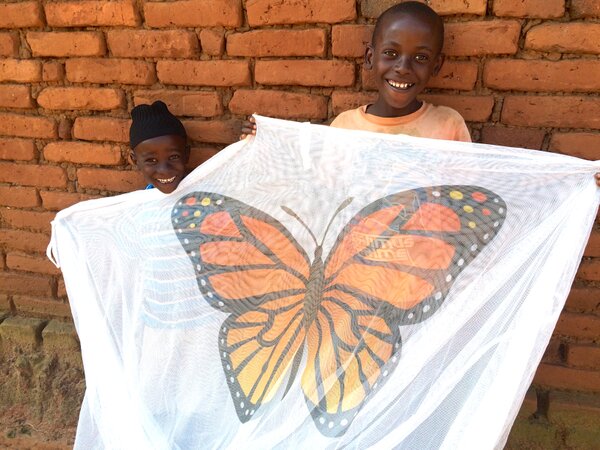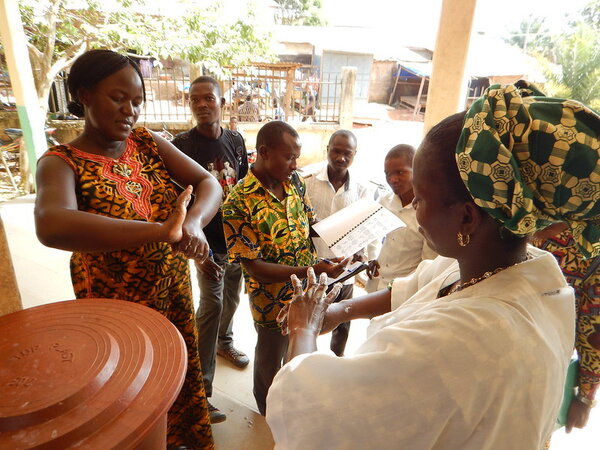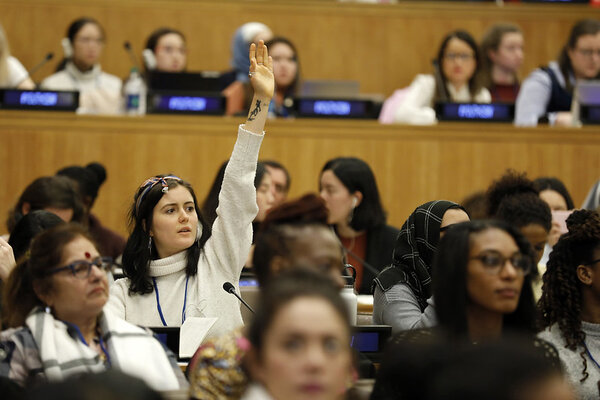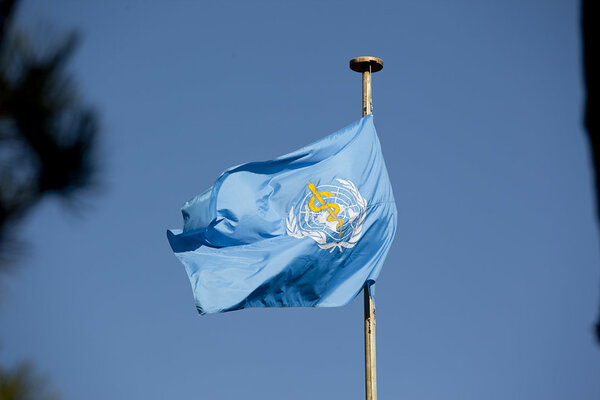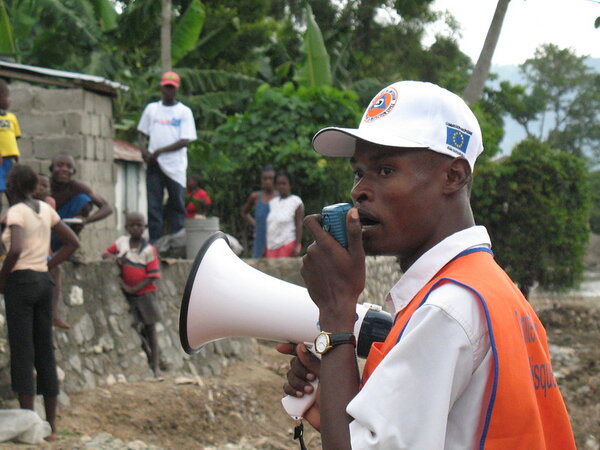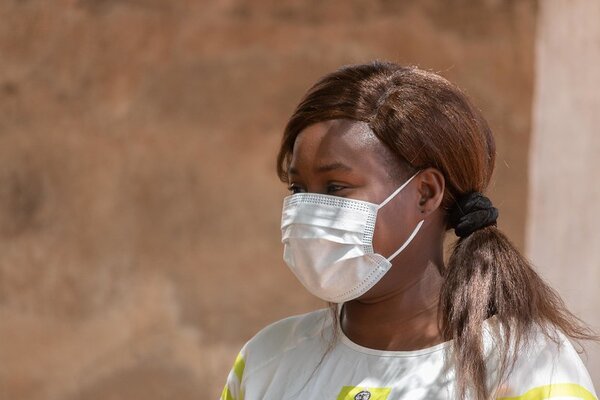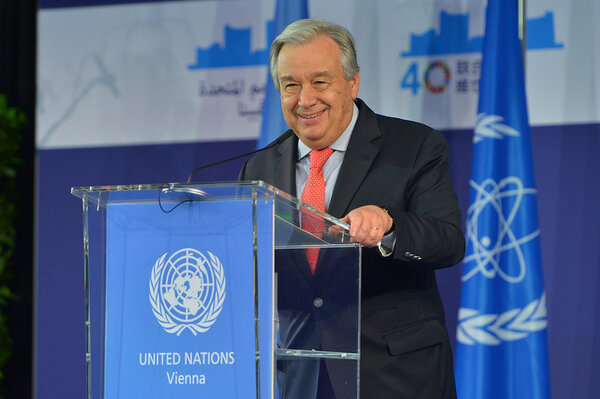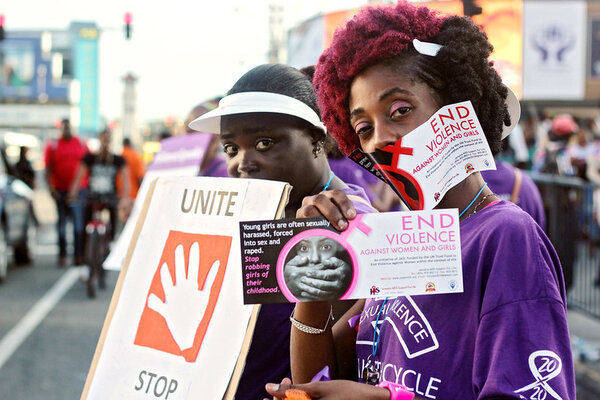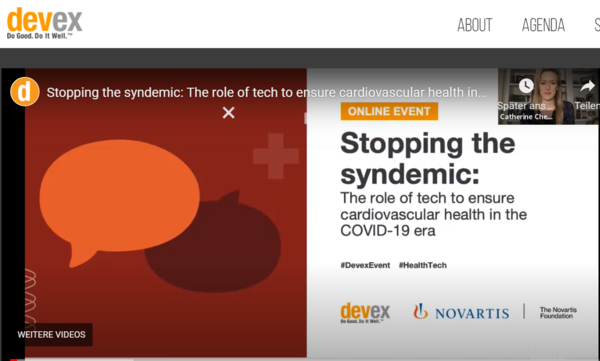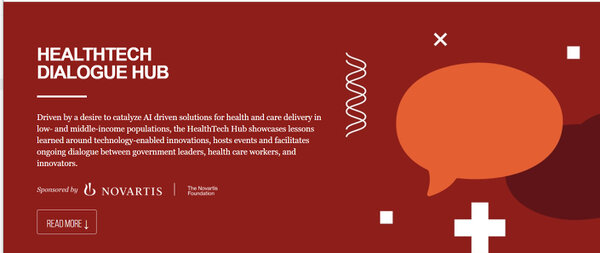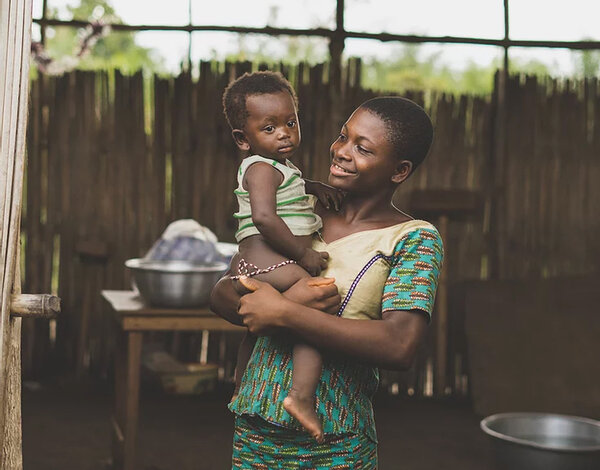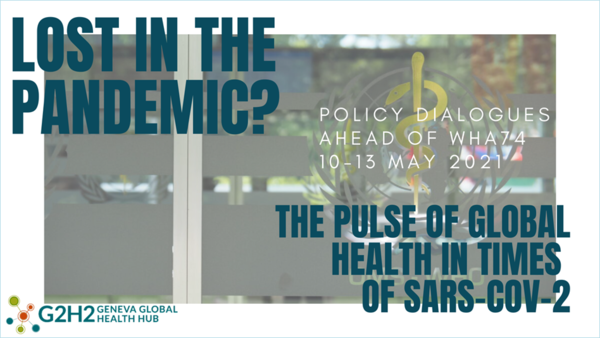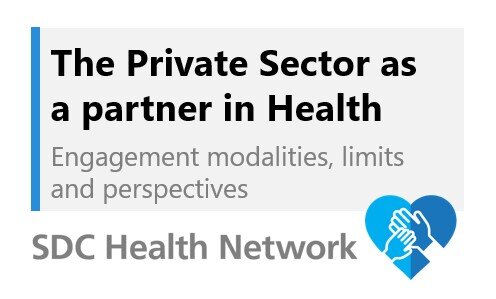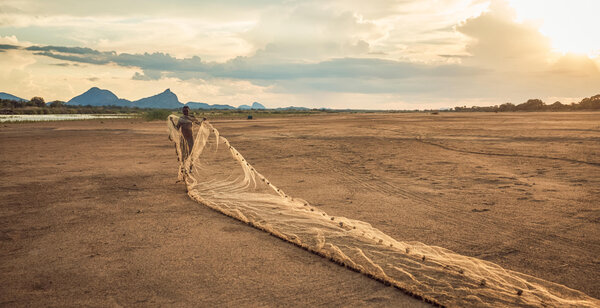Der Weltgemeinschaft bleiben nur noch zehn Jahre um die Ziele der UN Agenda 2030 zu erreichen. Und jetzt schon ist klar, dass die gegenwärtige Pandemie die Zielerreichung nicht vereinfachen wird. Doch sowohl die Pandemie wie auch die Klimakrise zeigen, wie wichtig der umfassende Plan der Nachhaltigkeitsziele ist, um die Welt aus dem gegenwärtigen Schlamassel zu führen.
Verteilungsgerechtigkeit im Zentrum
Am Mittwoch, den 5. Mai 2021, treffen sich die rund 50 zivilgesellschaftlichen Mitglieder der Plattform Agenda 2030 zu ihrer jährlichen Mitgliederversammlung. Der dort laufende Strategieprozess legt offen, wie hoch relevant das gemeinsame Engagement für die Agenda 2030 in der Schweiz ist. Die auch durch die Pandemie vorangetriebene weltweit höhere Ungleichheit und Ungerechtigkeit bringt die Frage aufs politische Parkett, wie wir Verteilungsgerechtigkeit erreichen. Von Impfdosen, über wirtschaftliche Partizipationsmöglichkeiten bis zur gerechten Verteilung der Lasten, die durch und die in der Bekämpfung der Klimakrise entstehen – die Politik muss verantwortungsvoll steuern, um den Zugang zu grundlegenden Rechten für alle zu sichern. Die grosse Hoffnung liegt im hohen Grad der gesellschaftlichen Mobilisierung, die in der Klima-, der Frauen- oder der Blacklivesmatterbewegung ihren Ausdruck findet.
Kantone und Gemeinden machen sich auf den Weg
Vor diesem Hintergrund braucht es ein erneuertes und verstärktes Engagement für die Agenda 2030. Die Schweizer Zivilgesellschaft ist dazu gut aufgestellt und bereit. Blickt man hingegen zum Bundesrat beschleicht einen die Befürchtung, dass sich dieser eher ziert, der Agenda 2030 die notwendige Bedeutung zu geben. Der Entwurf zu seiner Strategie der nachhaltigen Entwicklung zeugt davon und ist in der Vernehmlassung entsprechend durchgefallen.
Gleichzeit – und das ist nun sehr erfreulich – bahnt sich die Agenda 2030 in Kantonen und auch Gemeinden ihren Weg. Diese haben erkannt, dass die globale Agenda durchaus ein Orientierungsrahmen bildet, um politische Prozesse entlang der drei Nachhaltigkeitsdimensionen Wirtschaft, Ökologie und Soziales zu steuern – auch auf regionaler und kommunaler Ebene.
Das Netzwerk Medicus Mundi Schweiz hat bereits vor längerem die Bedeutung der Agenda 2030 erkannt, damit Gesundheit für alle erreicht werden kann. Aus diesem Grunde engagiert es sich auch zusammen mit einer Vielzahl seiner Mitgliedsorganisationen in der zivilgesellschaftlichen Plattform Agenda 2030.
Martin Leschhorn Strebel
Geschäftsführer des Netzwerks Medicus Mundi Schweiz und Vorstandsmitglied der zivilgesellschaftlichen Plattform Agenda 2030
E-Mail




